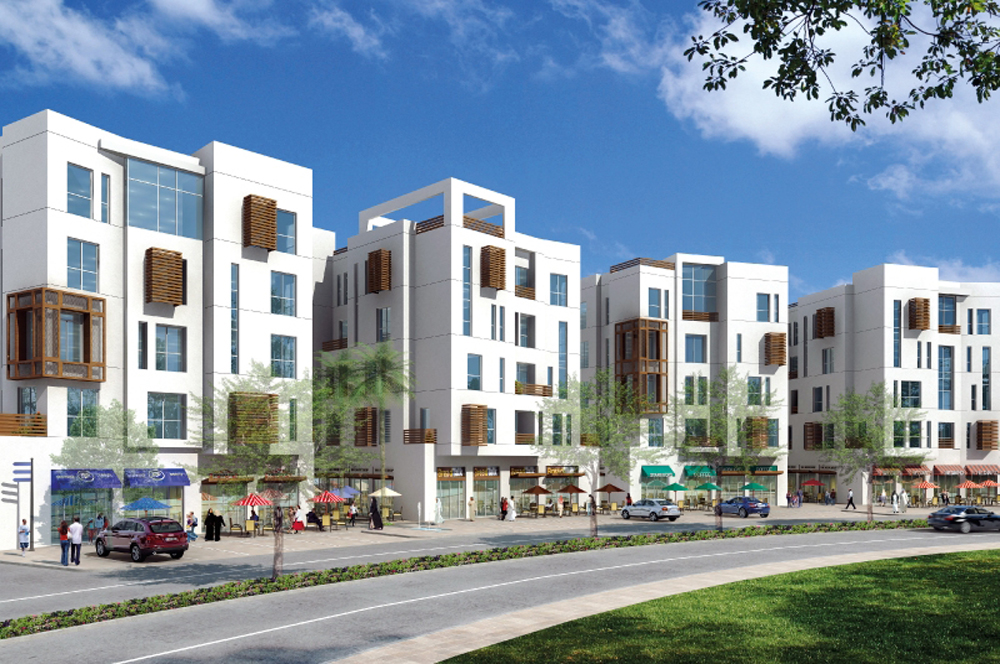

The cascading impact of Covid-19 has not been equal for everyone. While some sections of the society are facing more problems, a few others are able to re-adjust and adapt to the new conditions.
At the same time, many are still grappling with the developments arising as an aftermath of the pandemic. One such group is small-time property owners who are left in the lurch with their regular income jeopardised.
To-let boards have sprung up everywhere making it a common sight in the city with thousands of flats and villas remain unoccupied, and now there are no takers for them.
Already hit by supply-demand imbalance, their woes have been exacerbated by the coronavirus pandemic effects. Many landlords, who have taken loans to construct buildings, are now struggling to pay the monthly instalments.
“As the coronavirus pandemic drags on and many people have left the country, there are no takers for our flats. Even after reducing the rent, nobody is approaching us’’, bemoans Ahmed al Hadhrami, owner of a building in Ruwi.
According to the E-Census 2020 data, as many as 237,452 residential units remain vacant in Oman, including 77,233 flats in Muscat Governorate alone.
Even before the outbreak of the pandemic, the residential rental market was in a slowdown with a large number of new properties.
While better quality residential units are likely to show a more resilient performance, the projected drop in the number of expatriates in Muscat over the coming months will place the residential market under increased downward pressure in terms of both reduced demand and achievable rental values.
The market is further hit by the en masse departure of expatriates as a result of the Covid-19 impact.
According to National Centre for Statistics and Information, a total of 569,670 expatriates of different nationalities left the Sultanate in 2020. There were 1,443,128 expatriates in Oman against 1,712,798 at the end of December 2019.
“Out of a total of eight flats in my apartment building, five are vacant as the tenants have vacated. Two of them, who went to their home countries, have not returned. There are no takers even after reducing the rent by more than 50 per cent’’, said Hamed al Wahaibi.
Unlike large real estate companies that have multiple incomes from both commercial and residential buildings, the so-called ‘mom-and-pop’ landlords cannot afford to keep their flats empty as most of these buildings are mortgaged to banks against loans.
“By outsourcing, I have been able to pay the mortgages, but I will really be in danger of not being able to repay the loans if I fail to get enough tenants for my properties’’, said Abduldaziz al Balushi.
He said that even after adding many facilities like free Wi-Fi, reduced period for contracts, and no demand for post-dated cheques or advance payments, he is unable to find tenants.
According to a recent report by Savills Oman, rental values for apartments started to slide downwards during the second half of 2015 and continued to see a steady decline through to 2019.
Oman Observer is now on the WhatsApp channel. Click here



